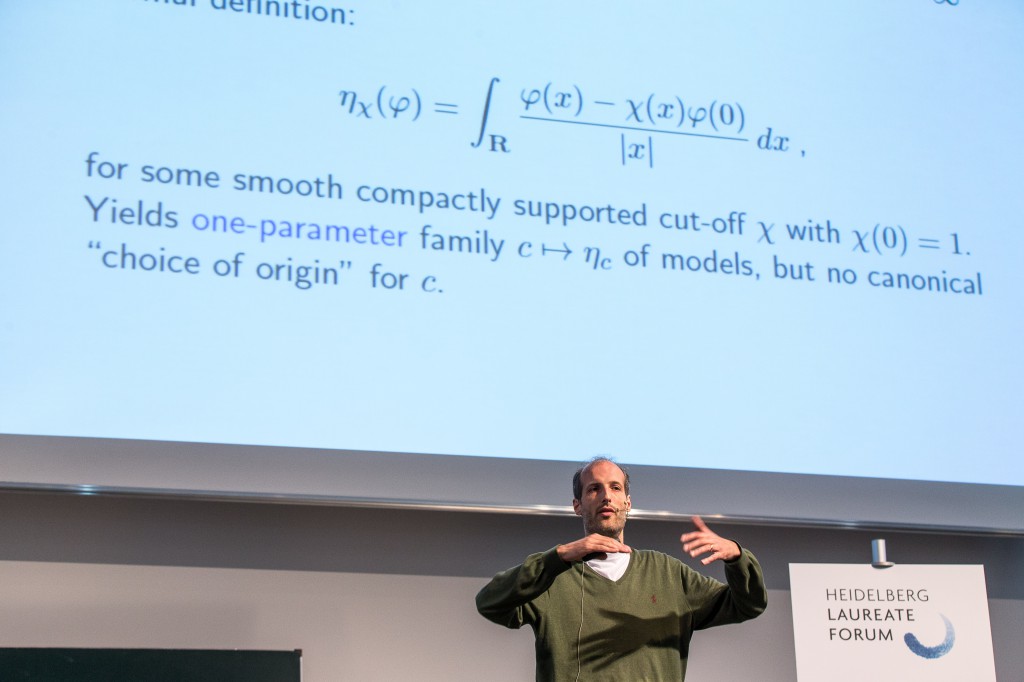High school mathematics – killing the fascination?
BLOG: Heidelberg Laureate Forum

As I look forward to this year’s Heidelberg Laureate Forum, which kicks off later today (Sunday), I’ve decided I will ask as many of their participants about their experiences of learning, and sharing, the fascination of mathematics – and about the role high school mathematics played in their mathematical upbringing.
High school mathematics: two out of three?
Sometimes, it seems that when it comes to high school mathematics, you can only pick two out of three: mathematics, high school, or fascination. An excellent text, which I think ought to be read by everyone attending the HLF, is “A Mathematician’s Lament” written by Paul Lockhart, a mathematics teacher in Brooklyn, NY, in 2002 and published by Keith Devlin on the web pages of the Mathematical Association of America in 2008. Lockhart begins by imagining a world where music, or the arts, were taught in the same way that mathematics is taught in many schools:
A musician wakes from a terrible nightmare. In his dream he finds himself in a society where music education has been made mandatory. “We are helping our students become more competitive in an increasingly sound-filled world.” Educators, school systems, and the state are put in charge of this vital project. Studies are commissioned, committees are formed, and decisions are made— all without the advice or participation of a single working musician or composer. Since musicians are known to set down their ideas in the form of sheet music, these curious black dots and lines must constitute the “language of music.” It is imperative that students become fluent in this language if they are to attain any degree of musical competence; indeed, it would be ludicrous to expect a child to sing a song or play an instrument without having a thorough grounding in music notation and theory. Playing and listening to music, let alone composing an original piece, are considered very advanced topics and are generally put off until college, and more often graduate school.
As Lockhart develops his theme further, the parallels with a high school mathematics teaching style that concentrates on memorizing formulae and recipes, leaving little room for creativity and fascination, come into focus. You don’t have to agree with everything Lockhart writes in this text (and I don’t), but the questions that it raises are troubling and important.
How did you get here?
HLF participants obviously form a highly selective sample of people that do not lack fascination for mathematics and computer science.

But although this is only one side of the medal, I hope for interesting material, maybe even trend, when I ask them (and you!): How did you get here? What awakened your interest in mathematics? Did you become enthralled with mathematics because of what you learned in school, or in spite of it? Because of that one very good teacher, or in spite of your teachers? I’ll be asking that question a lot over the next few days, but if you’re reading it here, please share your personal maths story in the comments!
[Thanks to Wladimir Lyra for pointing me to Lockhart’s text!]

